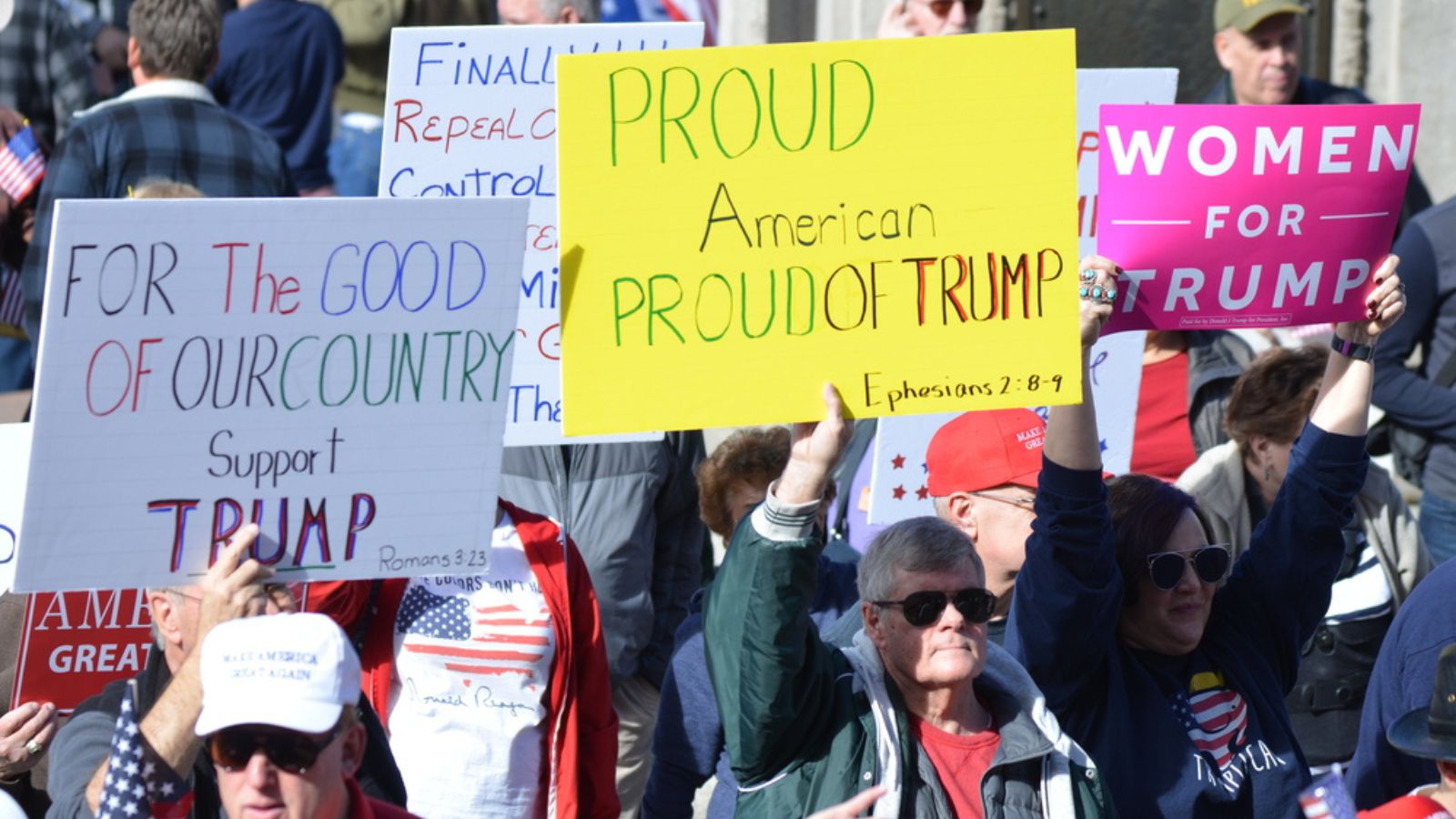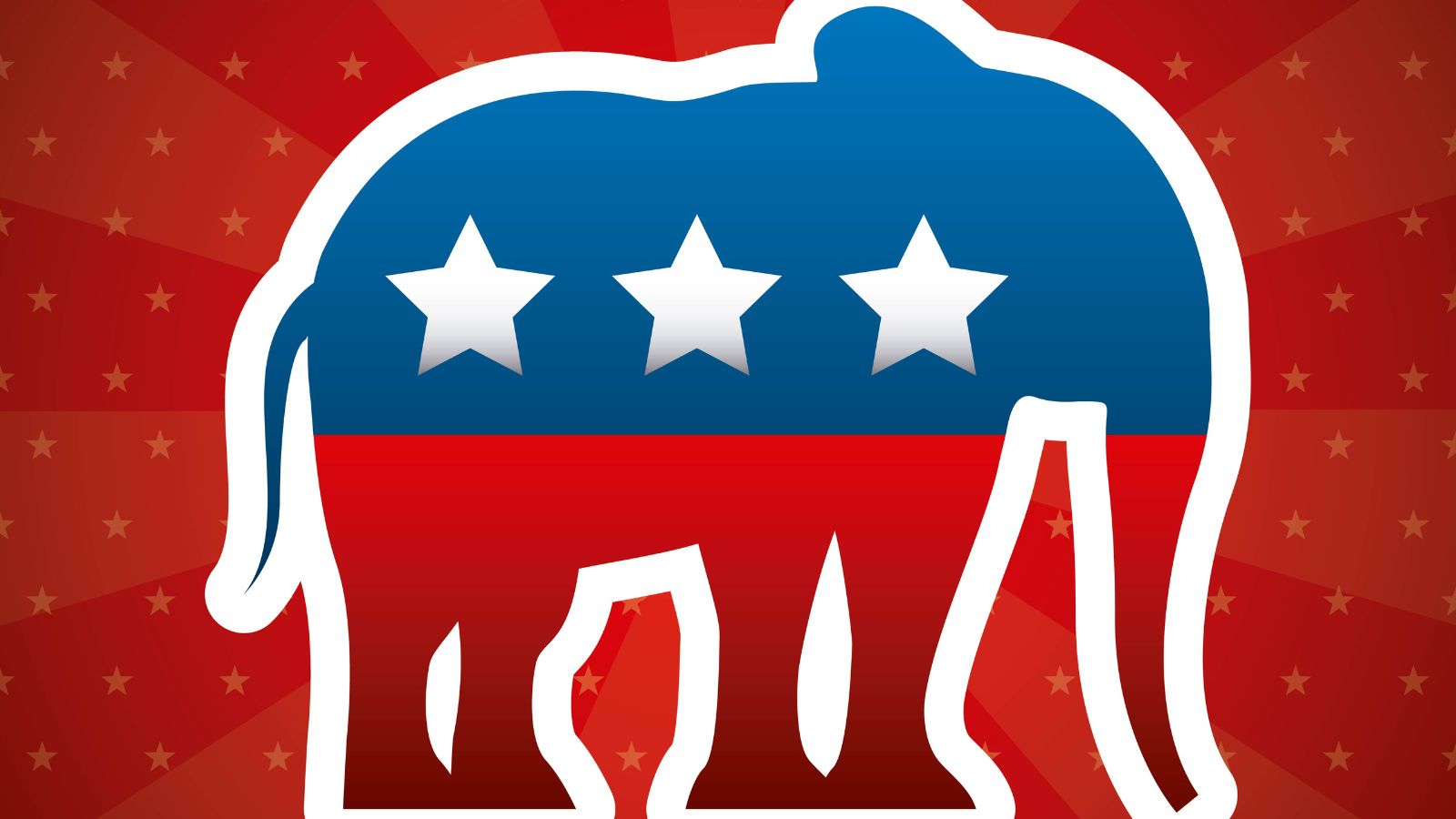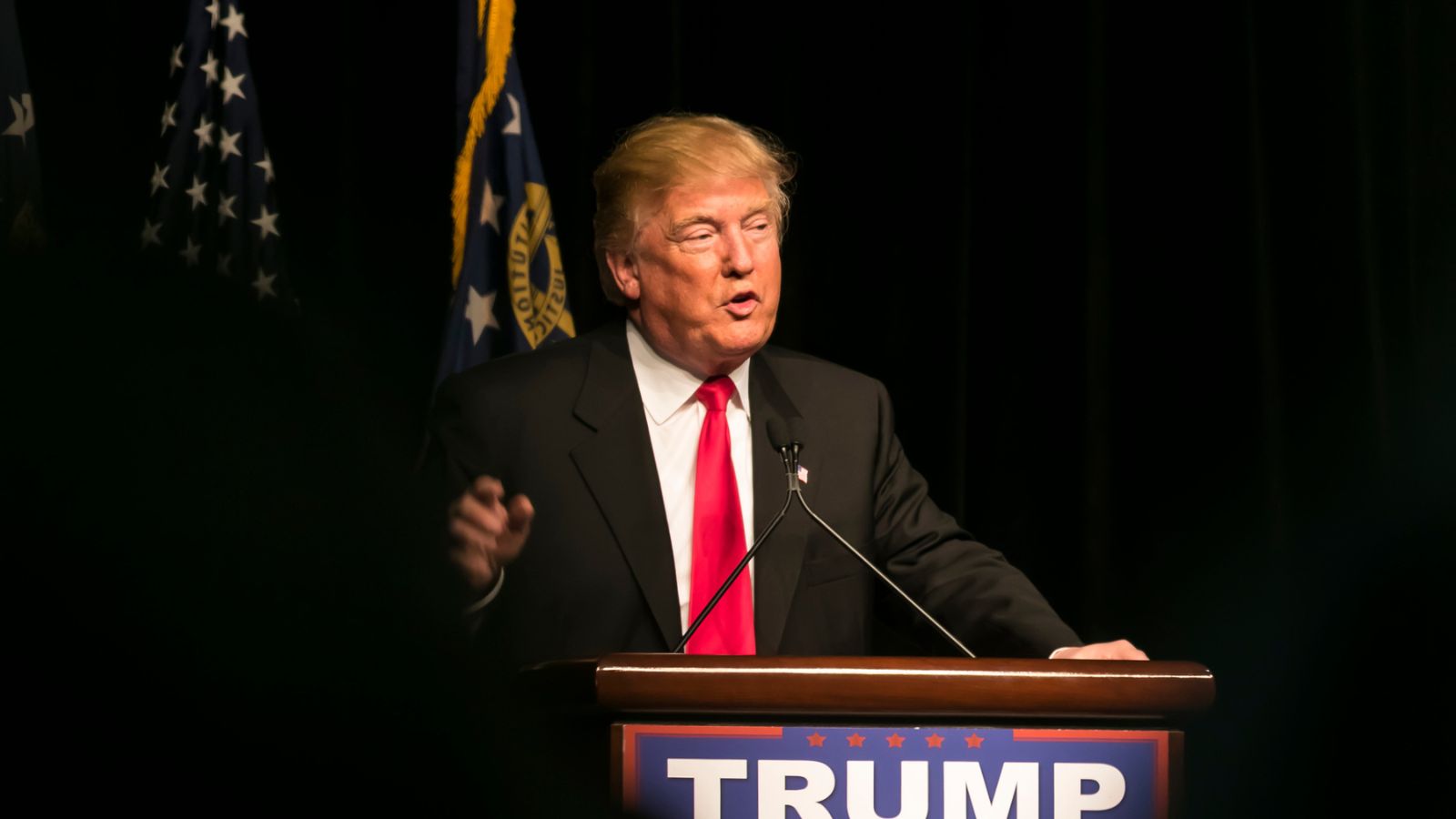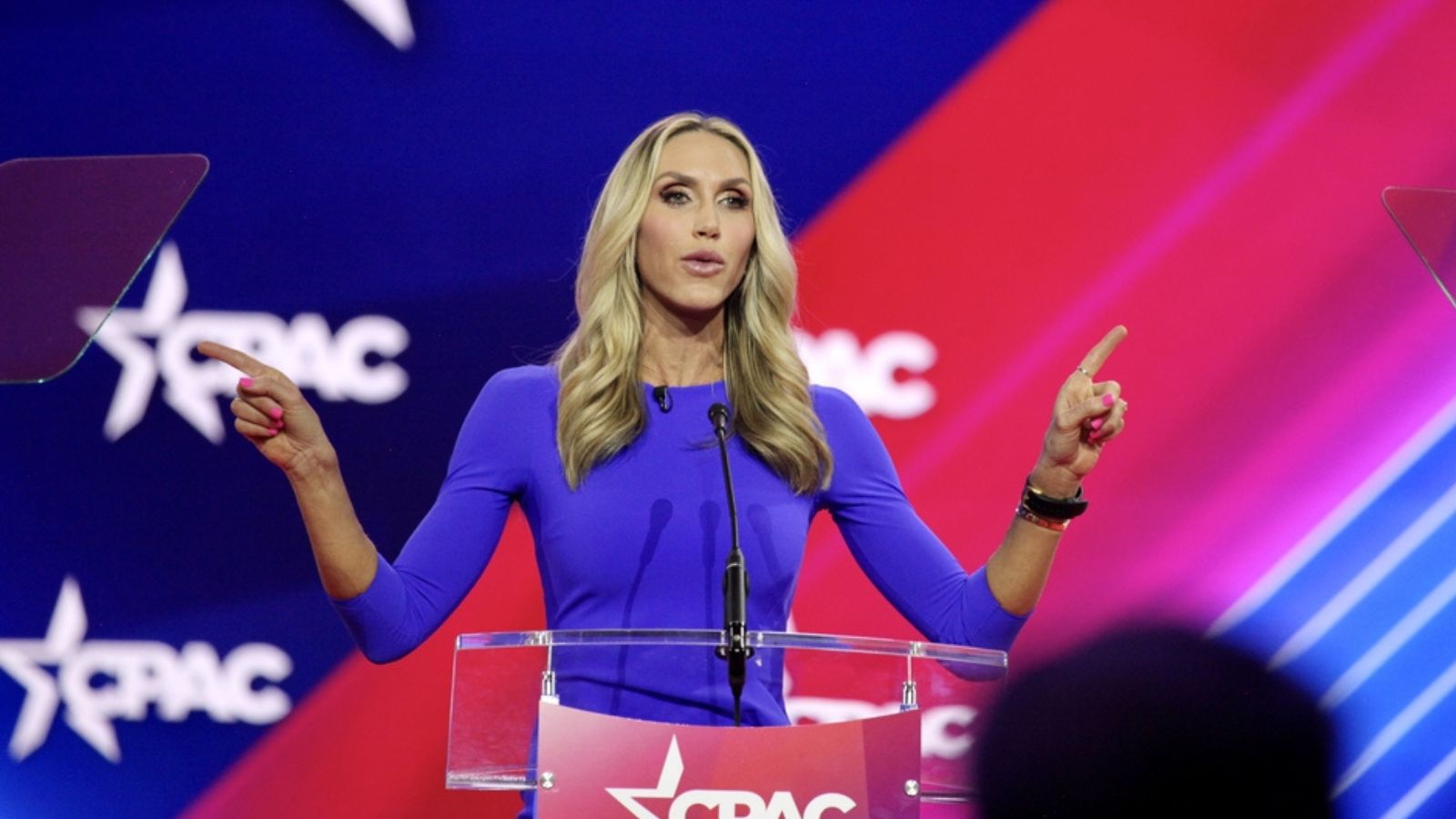Lara Trump’s recent statements regarding the fundraising goals of the Republican National Committee (RNC) and the potential use of raised funds to cover legal fees for Donald Trump have stirred controversy and drawn attention to the financial challenges facing the party.
Fundraising Goals

Lara Trump emphasized the need for the RNC to raise $500 million for the 2024 general election, citing the Democratic Party’s financial advantage as a pressing concern.
The success of fundraising efforts is seen as crucial for supporting Trump’s potential bid for the White House and congressional races.
Rallying Supporters

Speaking at the Trump campaign’s headquarters in North Charleston, Lara Trump urged supporters to contribute to the RNC, assuring them that their donations would support causes important to them.
The call for donations underscores the party’s efforts to mobilize financial support ahead of key elections.
Leadership Shake-Up

The endorsement of Lara Trump as the new co-chair of the RNC, along with Michael Whatley as chair, marks a leadership shake-up within the party.
This move comes amid reported dissatisfaction with current chair Ronna McDaniel over fundraising performance and electoral outcomes.
Legal Fee Controversy

Lara Trump’s remarks about the possibility of using RNC funds to cover Donald Trump’s legal fees have sparked controversy.
While she acknowledged uncertainty about the permissibility of such payments under RNC rules, she suggested that many party members would support the idea.
Political Motivation

Trump’s daughter-in-law argued that many Republicans view the legal cases against Donald Trump as politically motivated attacks.
Consequently, there is a perceived interest among party members in supporting Trump financially to combat what they see as unjust persecution.
Financial Liability

Donald Trump’s recent legal troubles, including a civil fraud case in New York resulting in significant penalties, have underscored the financial challenges facing the Trump family business.
Despite denying wrongdoing, Trump’s legal battles have raised concerns about potential financial liabilities.
Past Fundraising Success

The RNC’s fundraising success during the 2020 election cycle, where it raised approximately $890 million, highlights the importance of robust financial support for political campaigns.
Achieving similar fundraising milestones will be crucial for the party’s electoral prospects in 2024.
Public Perception

The use of RNC funds to cover Donald Trump’s legal fees may impact public perception of the party’s priorities and values.
Critics argue that allocating resources to support Trump’s personal legal battles could detract from broader party objectives and undermine fundraising efforts.
Legal and Ethical Considerations

The question of whether using RNC funds for Trump’s legal fees aligns with legal and ethical guidelines remains unresolved.
The controversy highlights the need for clarity on the permissible uses of party funds and the importance of transparent financial governance.
Party Unity

The debate over funding Trump’s legal defense efforts has the potential to affect party unity and cohesion.
Divergent views on the issue may create divisions within the Republican Party and impact its ability to present a unified front in upcoming elections.
Future Implications

Lara Trump’s remarks and the ensuing controversy underscore the complex intersection of politics, fundraising, and legal issues within the Republican Party.
How the party navigates these challenges will shape its trajectory and influence its electoral prospects in the years to come.
Broader Tensions Rise

The debate over fundraising goals and the potential use of RNC funds for Trump’s legal fees reflects broader tensions and priorities within the Republican Party.
As the party grapples with these challenges, its ability to mobilize financial support and maintain unity will be critical for future success.
Read More From The Stock Dork



 Tags:
Tags:










